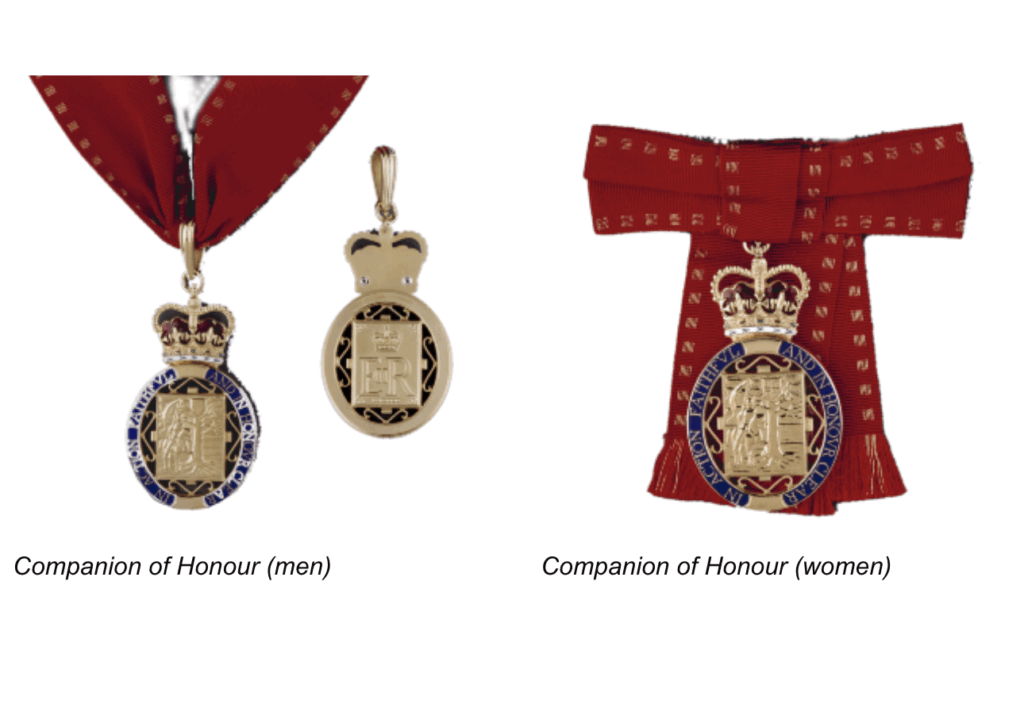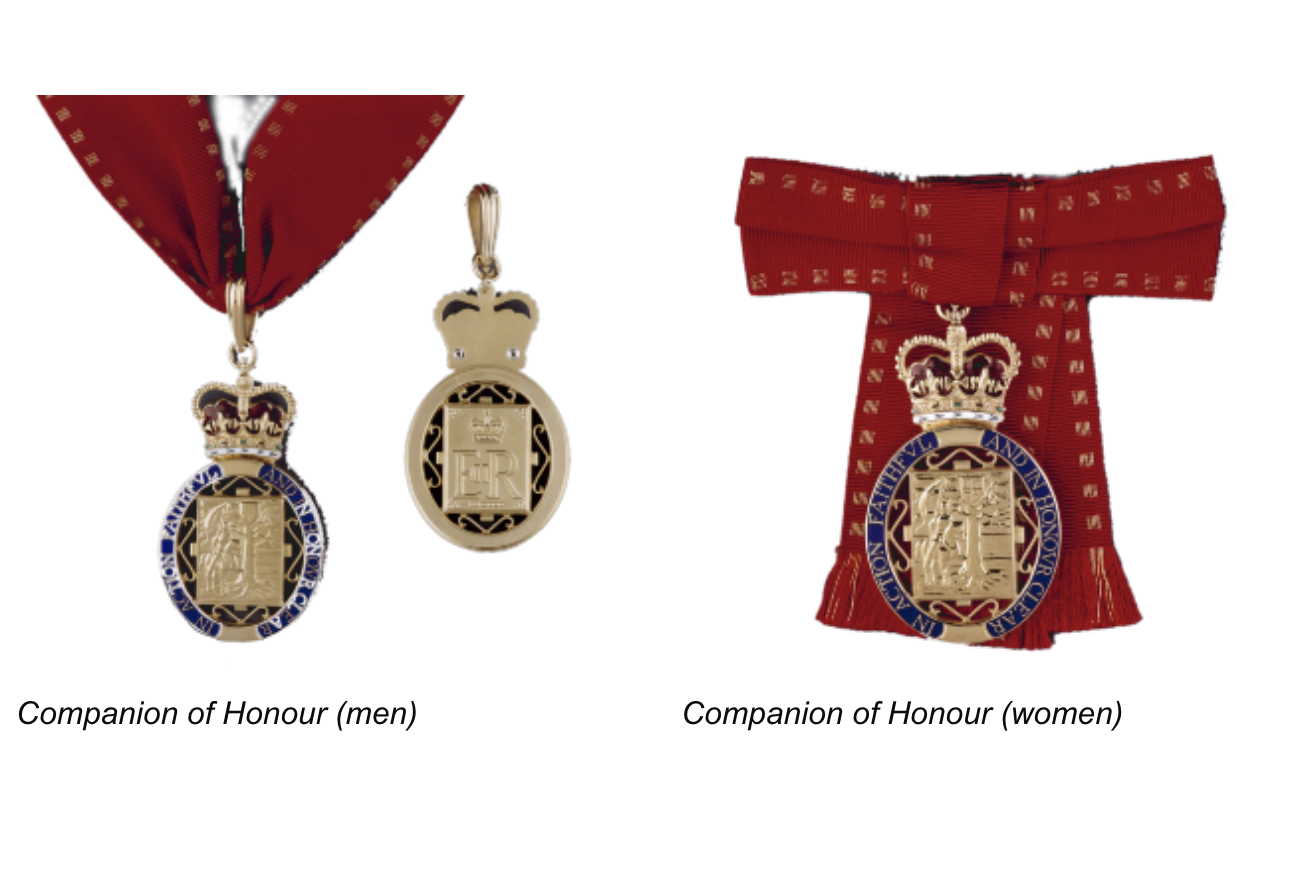
The Enduring Significance of Honour: A Modern Perspective
In a world increasingly driven by pragmatism and individualistic pursuits, the concept of honour might seem like an antiquated relic of a bygone era. Yet, beneath the surface of modern society, the principles of honour – integrity, duty, respect, and courage – continue to exert a powerful influence on our personal lives, professional conduct, and societal structures. This article explores the enduring significance of honour in the 21st century, examining its historical roots, its evolving interpretations, and its continuing relevance in navigating the complexities of contemporary life. Understanding honour is crucial for fostering trust, building strong communities, and upholding ethical standards in an ever-changing world.
A Historical Overview of Honour
The concept of honour has deep roots in human history, dating back to ancient civilizations where social standing and reputation were paramount. In ancient Greece, timē (τιμή) represented the respect and recognition accorded to individuals based on their achievements and contributions to society. Similarly, in ancient Rome, virtus encompassed qualities such as courage, integrity, and public service, all of which contributed to a man’s dignitas, or social standing. These values were not merely abstract ideals but were intricately woven into the fabric of daily life, influencing social interactions, political decisions, and even military strategies.
Throughout the medieval period, the concept of honour became closely associated with the chivalric code, a set of ethical principles that governed the conduct of knights and nobles. Chivalry emphasized virtues such as loyalty, courage, piety, and the protection of the weak. Knights were expected to uphold their honour at all costs, even if it meant sacrificing their lives. This emphasis on honour played a significant role in shaping the social and political landscape of medieval Europe, influencing everything from courtly love to warfare.
The Renaissance and the Enlightenment brought about significant changes in the understanding of honour. While traditional notions of honour continued to hold sway, new emphasis was placed on individual autonomy and reason. Thinkers like Niccolò Machiavelli challenged the traditional emphasis on virtue and morality, arguing that rulers should be willing to act ruthlessly in order to maintain power. However, even Machiavelli recognized the importance of maintaining a reputation for honour, as it could enhance a ruler’s legitimacy and deter potential rivals.
The Evolving Interpretations of Honour
The meaning of honour has evolved significantly over time, reflecting changing social norms and cultural values. In some cultures, honour is closely tied to family reputation and collective identity. In these societies, individuals are expected to act in ways that uphold the honour of their family or community, even if it means sacrificing their personal desires. This can lead to both positive and negative consequences. On the one hand, it can foster strong social bonds and a sense of collective responsibility. On the other hand, it can also lead to rigid social hierarchies and the suppression of individual expression.
In Western societies, honour is often understood as a more individualistic concept, emphasizing personal integrity and ethical conduct. Individuals are expected to be true to their word, to treat others with respect, and to uphold their moral principles. However, even in Western societies, there are different interpretations of honour. Some people may prioritize loyalty to their friends and family above all else, while others may place a greater emphasis on upholding universal moral principles. Understanding these different interpretations of honour is crucial for navigating cross-cultural interactions and resolving conflicts.
The Continuing Relevance of Honour in the 21st Century
Despite the challenges of modern life, the principles of honour remain as relevant as ever. In a world characterized by increasing complexity and uncertainty, honour provides a moral compass that can guide our actions and decisions. Whether it is in our personal relationships, our professional lives, or our civic engagement, honour can help us to make choices that are consistent with our values and that contribute to the common good.
Honour in Personal Relationships
Honour plays a crucial role in building and maintaining strong personal relationships. When we treat others with respect, honesty, and integrity, we foster trust and mutual understanding. This, in turn, strengthens our bonds with family, friends, and colleagues. Conversely, when we act dishonestly or disrespectfully, we erode trust and damage our relationships. [See also: Building Trust in Relationships]
Furthermore, honour requires us to be accountable for our actions. When we make mistakes, we should be willing to admit them, apologize for them, and take steps to rectify them. This demonstrates that we value our relationships and that we are committed to upholding our moral principles.
Honour in Professional Life
In the professional realm, honour is essential for building a reputation for trustworthiness and competence. Employees who demonstrate integrity, diligence, and a commitment to ethical conduct are more likely to be valued by their employers and respected by their colleagues. This can lead to greater career opportunities and a more fulfilling work life. [See also: Ethical Leadership in Business]
Moreover, honour requires us to uphold the standards of our profession. Whether we are doctors, lawyers, engineers, or teachers, we have a responsibility to act in accordance with the ethical codes of our respective fields. This ensures that we are providing the best possible service to our clients and that we are contributing to the well-being of society.
Honour in Civic Engagement
Honour is also essential for promoting civic engagement and strengthening democratic institutions. When citizens act with integrity, respect, and a commitment to the common good, they contribute to a more just and equitable society. This can involve participating in elections, advocating for policy changes, or volunteering in their communities. [See also: The Importance of Civic Duty]
Furthermore, honour requires us to hold our elected officials accountable for their actions. When politicians act dishonestly or betray the public trust, we should demand that they be held responsible. This ensures that our government is serving the interests of the people and that our democratic institutions are functioning effectively.
Challenges to Honour in the Modern World
Despite its enduring significance, honour faces numerous challenges in the modern world. The rise of individualism, the increasing emphasis on material success, and the pervasive influence of social media have all contributed to a decline in traditional values and a weakening of social bonds. In a society that often rewards self-interest and short-term gains, it can be difficult to uphold the principles of honour.
Furthermore, the increasing complexity of modern life can make it difficult to know what constitutes honourable conduct. In many situations, there are no easy answers, and individuals must make difficult choices based on their own moral compass. This requires critical thinking, empathy, and a willingness to engage in thoughtful reflection. [See also: Navigating Ethical Dilemmas]
Conclusion: Reclaiming Honour in the 21st Century
In conclusion, while the world has changed dramatically over the centuries, the principles of honour remain as relevant as ever. By embracing integrity, duty, respect, and courage, we can build stronger relationships, create more ethical workplaces, and promote a more just and equitable society. Reclaiming honour in the 21st century requires a conscious effort to prioritize values over expediency, to uphold ethical standards in all aspects of our lives, and to hold ourselves and others accountable for our actions. Let us strive to live lives that are worthy of honour, and let us work together to create a world where honour is once again a guiding principle.

